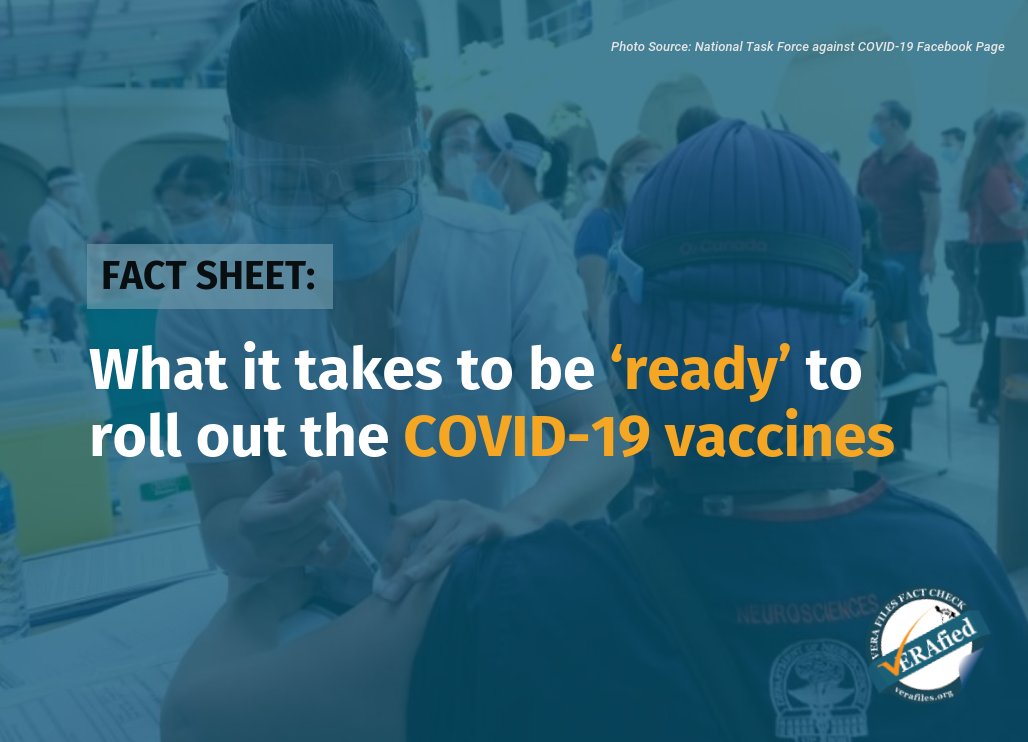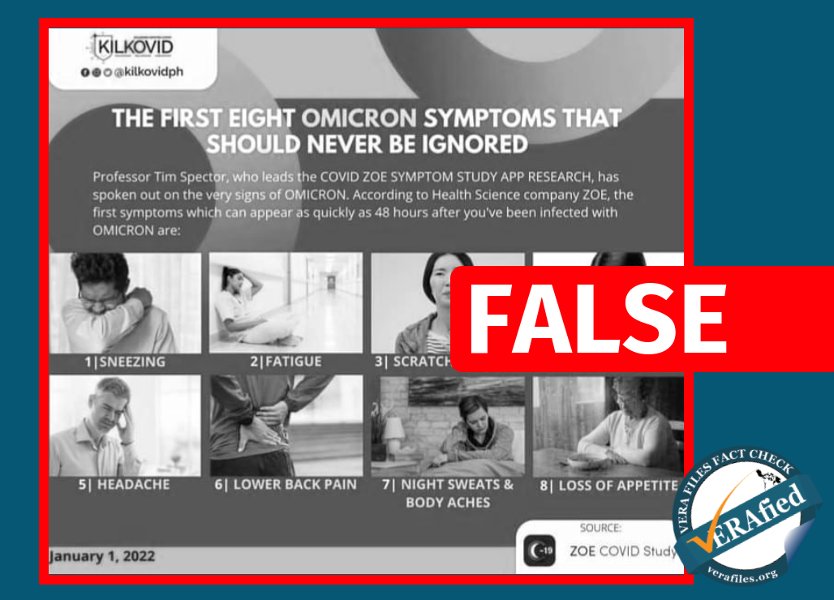All the while, many of us thought that we’ve regained our freedom to move around. But the surge in COVID-19 infections on the eve of the new year indicates that it ain’t so.
Initially, the government has had to raise the alert level in Metro Manila, starting Jan. 3, as the health department reported rapidly rising COVID-19 cases in the region. We can expect more areas to be placed under higher mobility restrictions as families and friends took advantage of the temporary freedom to move around during the Christmas season and went out of town or had parties and reunions after almost two years of being confined at home.
We’ve loosened up. We became less cautious about the potential risk of getting or passing on the virus, particularly those who have completed their vaccine doses.
Now, we start the new year with a grim scenario of COVID-19 and its newer and more infectious variants, forcing most of us to stay home again. It will be a serious mistake to underestimate the obvious danger of infection, loss of life and collapse of the health systems and the economy, which we thought has started picking up.
Over the weekend, several hospitals announced that they had reached the maximum admission rate for COVID-19 patients.
On New Year’s Day, the Department of Health reported 3,617 new infections, the highest single-day tally since Oct. 30, 2021, when 4,008 new cases were logged. Of the new cases reported on Saturday, 3,607 infections were tracked within the last 14 days, or around Christmas Day.
Metro Manila had the highest number of infections with 2, 526, while Calabarzon and Central Luzon followed with 570 and 299, respectively.
The surge somewhat dashed hopes for a bright year ahead as we are seemingly going back to the worst situations in 2020 and 2021 when the freedom to move around was curtailed for the greater good, particularly for older persons and other high-risk groups.
With most of the Philippine population fully vaccinated and a good number having received third or booster shots against Covid-19, we are made to believe that the likelihood of having severe symptoms when we get infected are reduced. The government is also moving to have younger people aged 5 to 11 vaccinated soon to widen the segment of the population having a layer of protection from the virus.
However, with the official campaign period for the May 9 elections nearing, limiting the movement of people may be more challenging than in the past two years of lockdowns. But then the situation presents opportunities for candidates and their followers to show that they are not exempted from following government measures on mobility restrictions and health protocols.
They ought to be more responsible in seeing to it that they don’t help spread not only the COVID-19 virus but also the poison of disinformation.
We should all realize that a pandemic is a public health crisis that everyone must contribute to help if we want to get out of it.
Government, for its part, should minimize inconsistencies in public policies and statements, and see to it that official data are credible and transactions, particularly in procurement, are transparent and aboveboard.
As we begin a new year with a new surge in COVID-19 infections, it would be worthwhile to take a look back and ponder on the weaknesses of the previous years and build on the strengths for us to survive another episode of the pandemic.
When we look back, we cannot avoid thinking about relatives, friends, officemates, neighbors and acquaintances who did not survive COVID-19. We should not forget the trauma of losing loved ones, the sufferings of those who lost jobs and businesses because of the lockdowns, and the difficulties of being confined at home.
As we take these negative thoughts into account, we should be wiser enough by this time to avoid these from happening again and embrace positive vibes to be safe and healthy this year.
2021 was not an easy time. 2020 was worse. In early December, many of us thought that going back to normal was within reach. But the surge in the final week of 2021 showed us that life has all sorts of surprises: some good, others bad.
The past two years served us countless lessons, which, had there been no pandemic, might have taken a lifetime to learn.
One of these lessons is to live at a slower pace, realizing the value of life and taking time for self-care practices to boost our immune system against the coronavirus disease.
Despite COVID-19, let’s make sure that we’ll have a meaningful year ahead of us. Learn from the difficult and painful lessons of the past two years. Let’s beat COVID-19 by being disciplined inside and outside our homes.
The views in this column are those of the author and do not necessarily reflect the views of VERA Files.
This column also appeared in The Manila Times.



